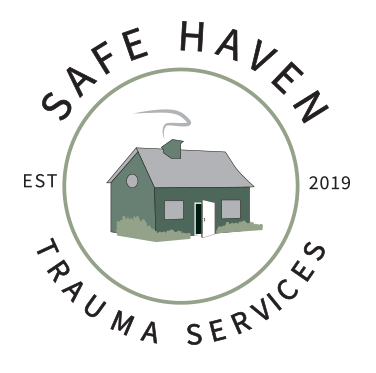Trauma in Teens
Help your teen go from guarded and fearful to feeling safe and connected.
Trauma shatters a person’s world. It disrupts their sense of safety and connection in the world. It leaves people feeling on edge and fearful. Seeing your teenager go through a trauma or traumas can be heart-wrenching. You want so badly to help your child to overcome what they have experienced, yet you feel at a complete loss of how to help.
Trauma can impact your teen’s emotions and behaviors. These changes might be quite drastic or perhaps more subtle.
Some behaviors you may see your teen exhibiting could include:
hypervigilance
jumpiness
guardedness and defensiveness
withdrawal from family and peers
avoidance of trauma related reminders
angry outbursts and aggression
sleep difficulties whether sleeping too much or not enough
They may also be experiencing things like:
nightmares
flashbacks
body memories
jitteriness
dissociation (checking out)
feeling numb
lack of pleasure in previously enjoyable activities
lack of hope in the future
Trauma can be mistaken for:
bipolar disorder
ADHD
schizophrenia
depression
anxiety
OCD
ODD or Conduct disorder
Whatever trauma or adversity your teen may have experienced, we can help. We believe in a connection-based approach with your teen. Behavior management might help some teens with changing their behaviors, but it doesn’t change their hearts or whether they feel safe or not. We build connection with your teen so that they can feel safe and seen. Additionally we help your teen develop coping skills to help manage overwhelming thoughts, feelings, and sensations. Once your teen is better able to manage their trauma symptoms we can move on to process the painful events from the past that are driving trauma symptoms. At Safe Haven, we help your teen go from fearful, jumpy, and withdrawn to feeling safe and grounded again. This allows your teen to go on to live a meaningful, happy life.
We believe you are part of the answer and believe in incorporating parents into treatment when possible. We help parents develop new relational skills that help develop a stronger bond between you and your teen. We ask that parents be available to participate in a session at least once a month.
